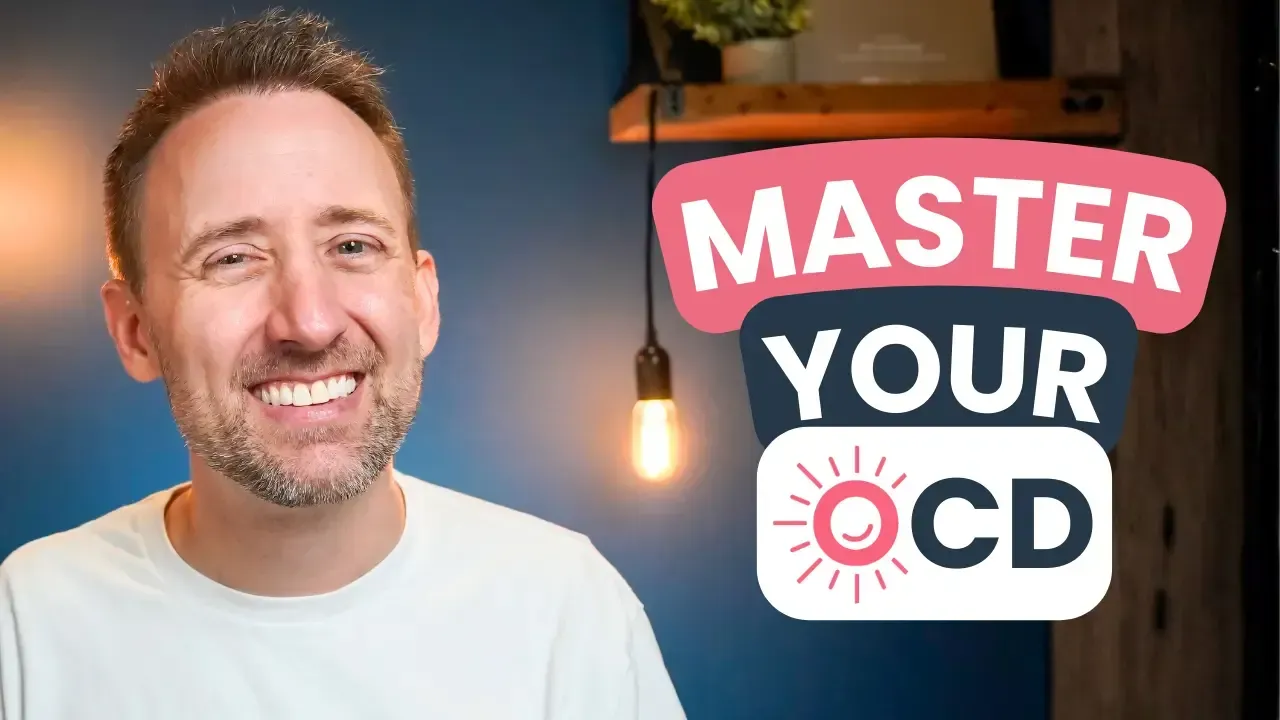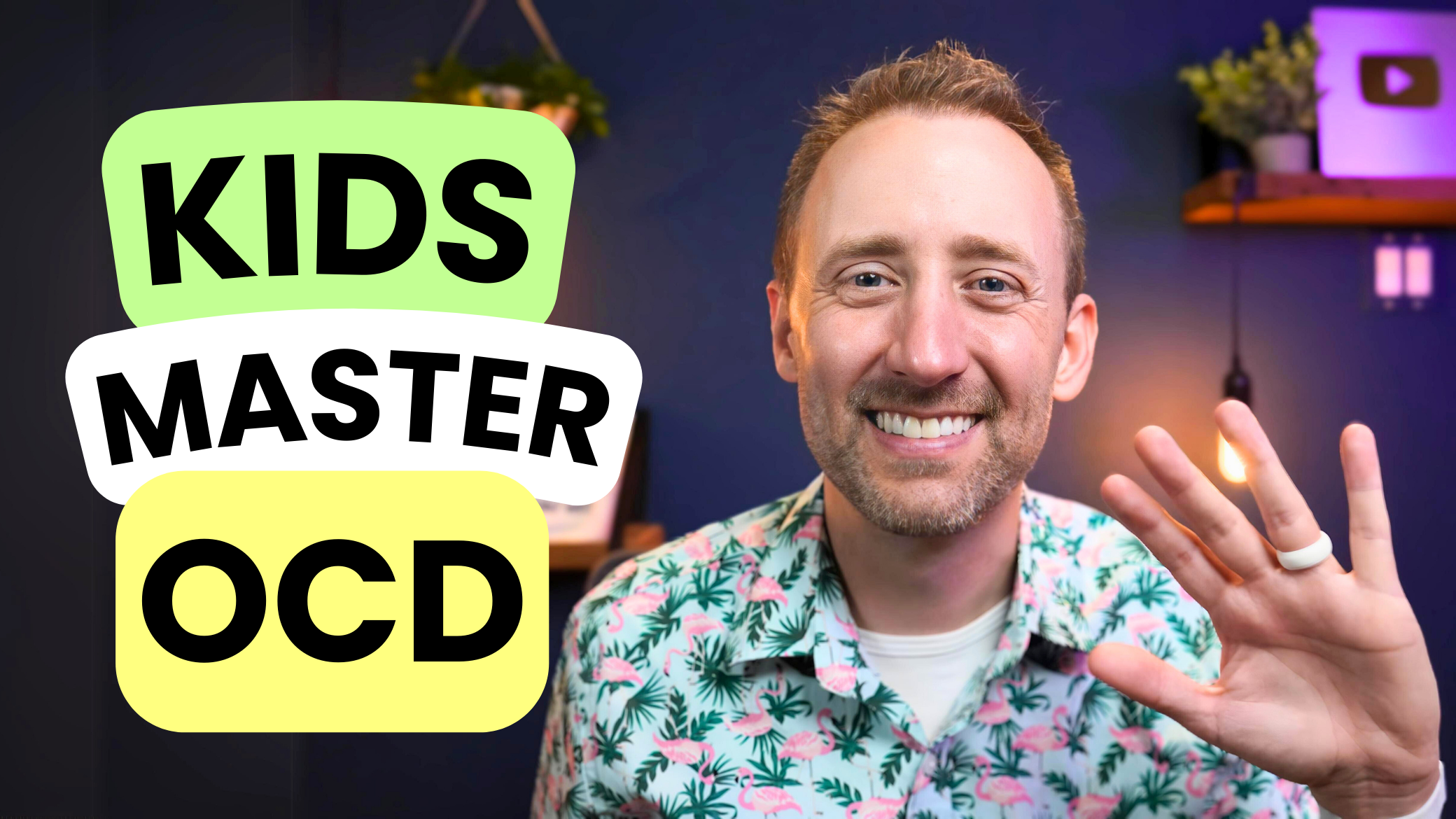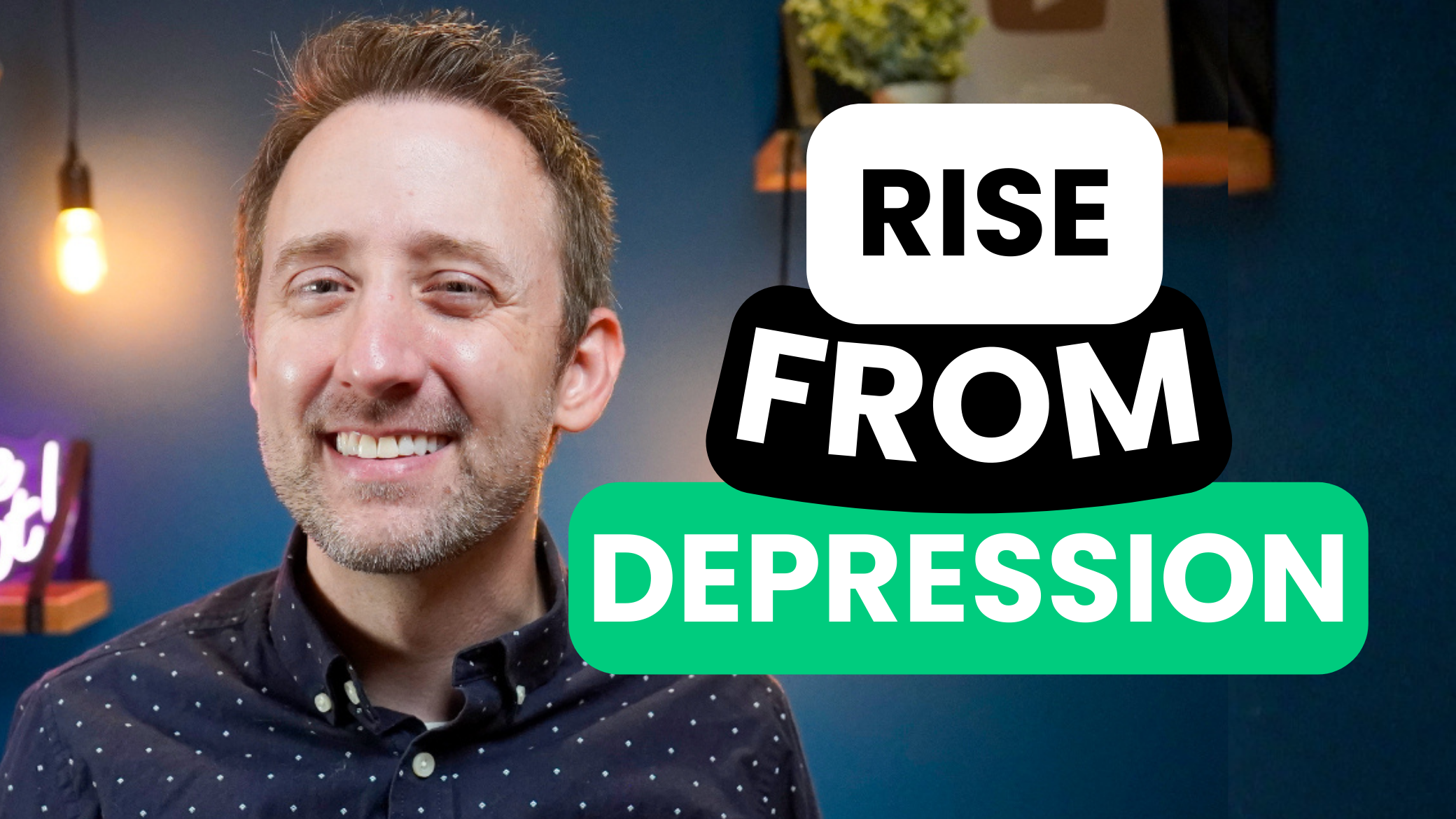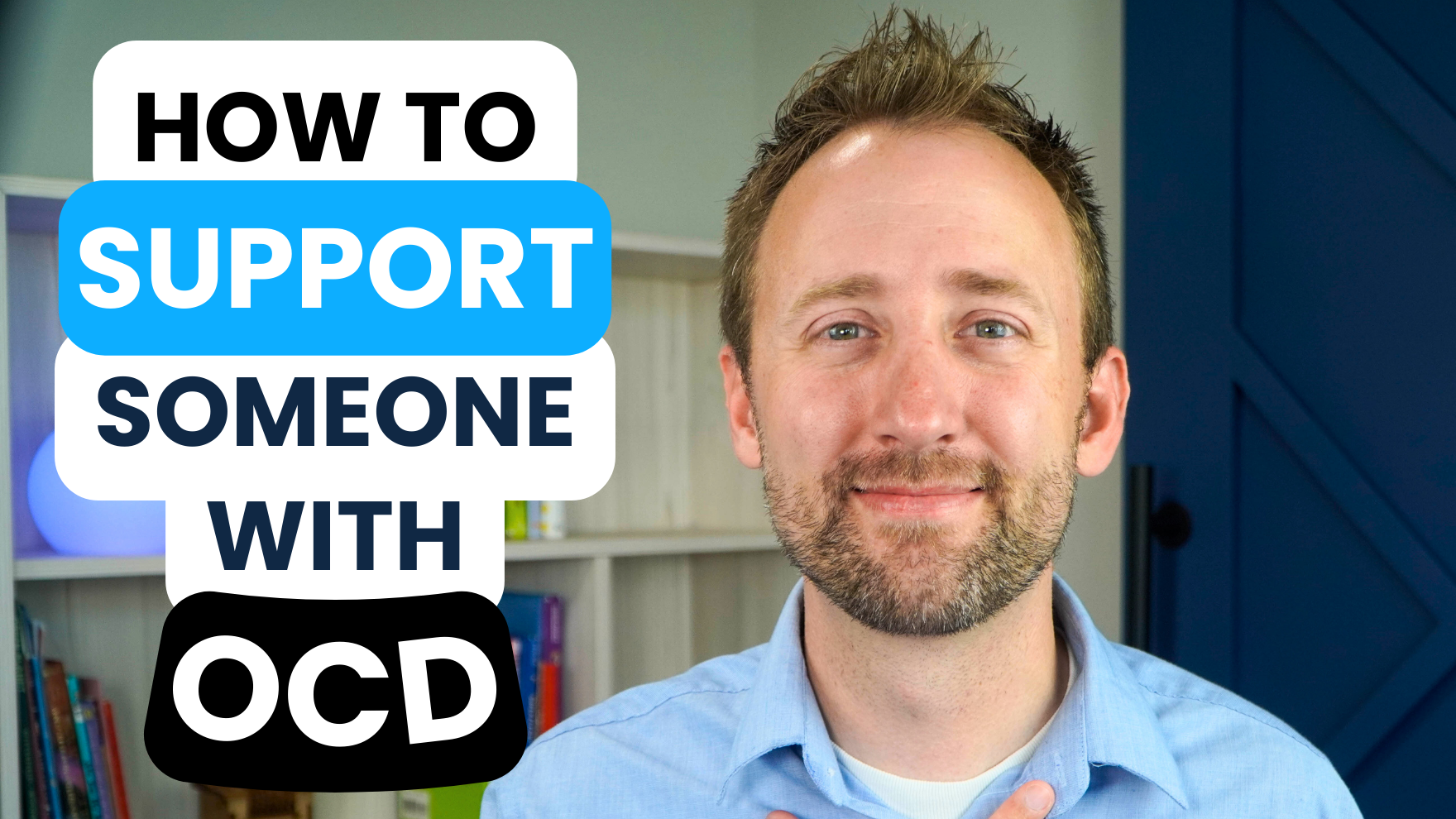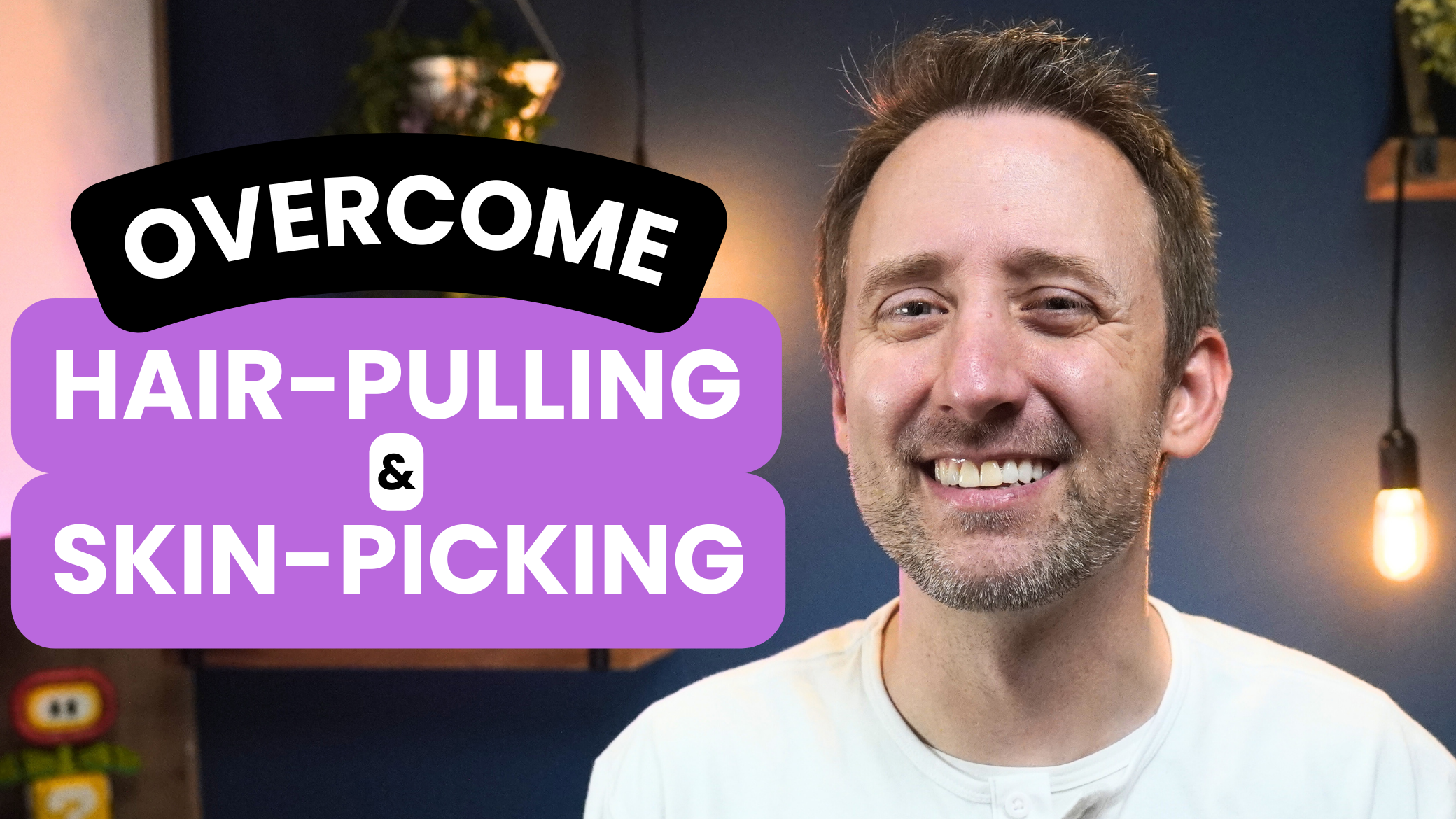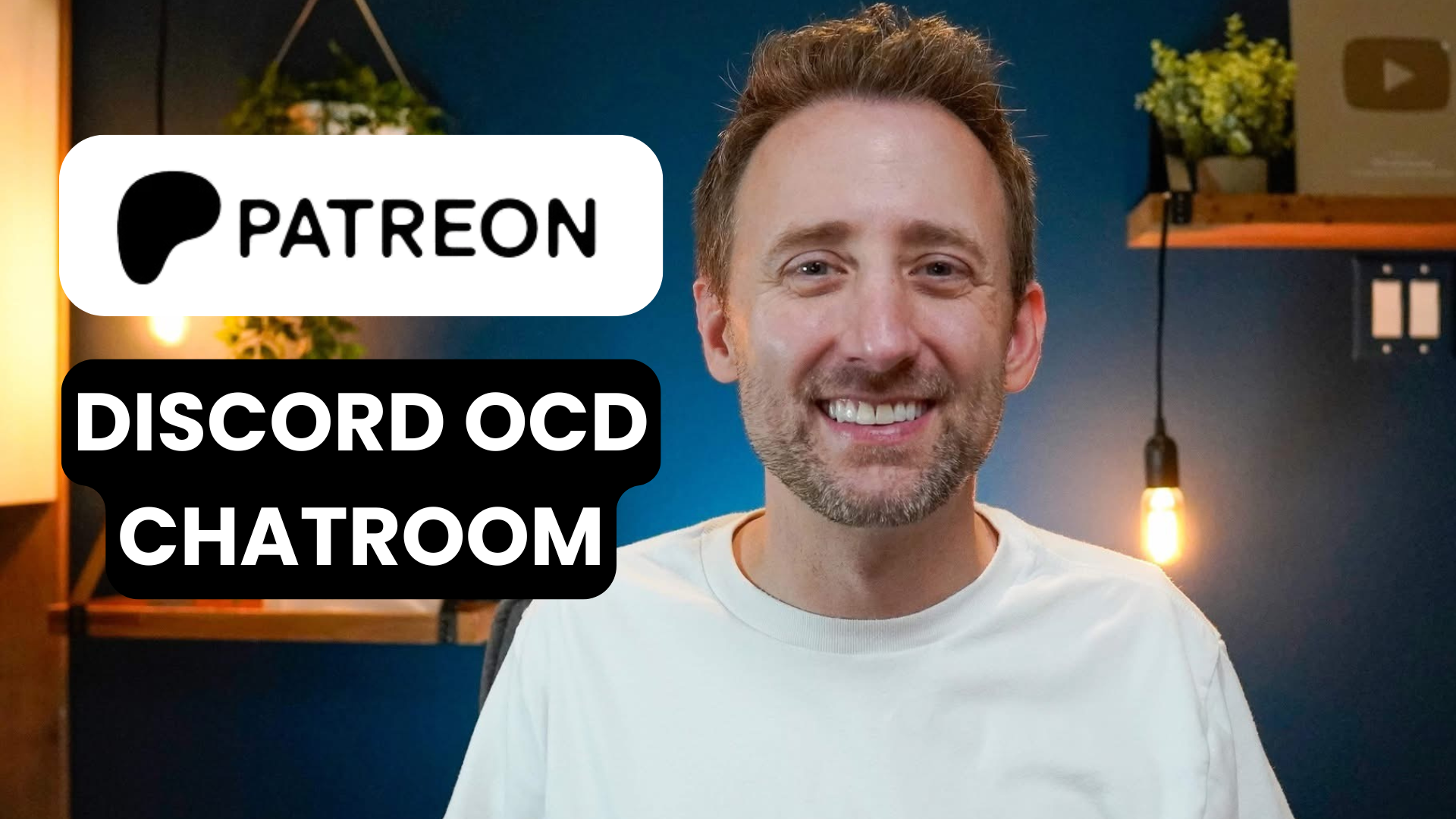Your Biggest OCD and Anxiety Questions Answered
Aug 27, 2025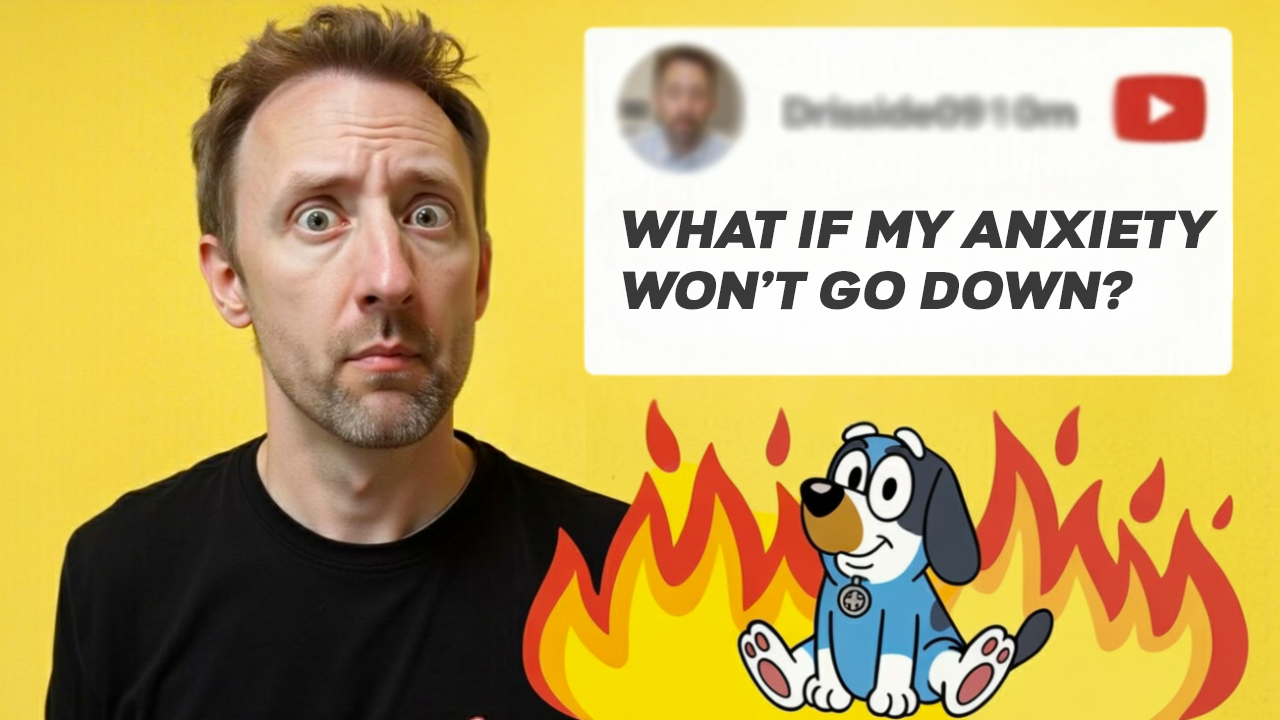
Your Biggest OCD and Anxiety Questions Answered by a Specialist
As an OCD and anxiety specialist, I get hundreds of questions from people struggling with these conditions. Today, I'm answering the most common and pressing questions that come up in treatment - from what to do when anxiety won't budge to handling specific OCD themes like false memories and earworms.
Let's dive into the real stuff you're dealing with.
What If Anxiety Doesn't Go Down During Exposures?
Question: "It's often said that as you sit with anxiety, the feeling will eventually go down. But what happens if you're sitting with anxiety and the level doesn't go down? Could this take days?"
We talk about anxiety having to go up and down for treatment to work - it's like exercising and lifting weights. Sometimes anxiety doesn't go down right away, and that's completely normal, especially when you're facing a fear you haven't confronted in a long time.
How You "Sit With" Anxiety Matters
When we say "sit with anxiety," we mean literally choosing an action that makes you anxious and staying with it. But HOW you sit with it makes all the difference:
- Maybe you smile - get a big old grin on your face
- Maybe you relax and look like you don't care whatsoever
- Take any threat that comes to mind and choose to leave it uncertain
- Use "maybe, maybe not" or say "sure, okay, cool, guess it could happen"
- Then don't do the compulsion afterward
Usually when you do it this way, anxiety does start going down. But here's the crucial part: don't get caught up thinking that anxiety going away means you're getting better.
Welcome Anxiety Instead
If anxiety isn't going down, try this approach: "Oh man, I love this anxiety. Thank you so much for being here. I hope you never go down. Stay here all day. I've got this event coming up and anxiety usually doesn't want to be here, but if you want to stay, that's cool too."
You don't have to believe what you're saying - you're acting. But this sends signals that you're not in danger, and anxiety doesn't want to stick around when you're not reacting to it.
Could anxiety last days? Nah. Anxiety goes up and down naturally. If it feels like it's sticking around for days, someone is usually continuing to do compulsions or ruminating - they won't stop trying to figure things out.
Can You Do ERP With Past Trauma?
Question: "Can someone with PTSD and severe OCD do ERP?"
Yes, yes, yes! The treatments are actually pretty similar, but what you need to consider is which issue is triggering you more - the trauma or the OCD symptoms? Sometimes they're intertwined.
Some ERP therapists can work with both trauma and OCD. People often work on both treatments simultaneously. There's a lot of Acceptance and Commitment Therapy (ACT) that comes with PTSD treatment, plus changing your response to past situations.
You don't have to be stuck in OCD because you have past trauma, and you don't have to be stuck in trauma because you have OCD. Ask your therapist if they can work with both, or if you need separate specialists.
Interestingly, sometimes working on just the OCD can help past traumas start diminishing too.
Can Medications Cause Intrusive Thoughts?
Question: "Can certain medications cause intrusive thoughts or OCD? I've been having intrusive thoughts since starting medication."
SSRIs like sertraline (Zoloft) most often help with OCD, but I have seen side effects where some people experience more thoughts initially. Some people feel golden right away, while others might have more intrusive thoughts or anxiety at the beginning - then those symptoms typically go away.
The medication won't cause OCD (if you have OCD, you have OCD), but SSRIs might not be the best option for some people. Always check with your prescriber about staying on the medication and ensure you have an appropriate diagnosis.
Handling False Memory OCD
Question: "How do you deal with worrying that you might have done something wrong in the past, even when you know you haven't?"
This is a telltale sign of false memory OCD - when someone thinks they did something but isn't sure, or when they take something real and add details they're uncertain about.
We use ERP for this too. Your job isn't to figure out if you did something or not. Even when you know you didn't do it, if your brain keeps making you doubt, give it a "maybe, maybe not."
Exposure Examples
Exposures can look different for everyone:
- Write out the scenario you think happened
- Read it over and over, but not trying to figure out if it's true
- Change your response: "Yeah, man. Totally. Sure. Cool. Yeah, I remember that. Awesome."
- Even for something horrible to your brain: "Cool. Horrible. Yeah, sure."
The key is not trying to figure out if it's true anymore. Every time the thought comes up: "Yeah, maybe, maybe not."
Dealing with Repeating Words and Earworms
Question: "Please help with repeating words in my head, names, things, etc. The name pops up every time I'm watching TV or reading books."
People call these "earworms" - words, songs, ringtones, anything that replays over and over. The more you try to get it to go away, the more it replays.
The Counterintuitive Solution
Don't try to control it. Let it be there. If it's annoying, bring it up on purpose:
- If it's a jingle, listen to it 50 times a day
- Set a timer on your phone, and when it goes off, repeat the sound
- Smile and love it: "Great! I hope it shows up when I'm watching TV"
- When it does show up: "Yes, this is what I wanted!"
Turn it into a game. If the name pops up while watching TV, give yourself five points. If it comes up again, another five points. "I want to get 50 points. I love this!"
Some people write these things down over and over with the attitude of "This is great. Love this. Thank you so much."
It sounds backwards, but that's the treatment. The more you listen to it purposefully, the more you get sick of it, and your brain stops wanting to produce it.
Fear of OCD Getting Worse
Question: "What should I do to deal with the fear of my OCD getting worse?"
OCD usually gets worse when people aren't doing treatment. But even when people are in treatment, they can fear: "What if my OCD comes back? What if it gets worse?"
Magic words: "Maybe, maybe not. Maybe it will, maybe it won't."
Try this response: "Oh man, I hope so. Hope my OCD gets worse." What do you think your brain will think about that? It sends signals saying "Wait, why aren't you scared anymore?"
Don't say "It's okay, I'm doing treatment, I won't get worse" because then your brain grabs onto that and makes you doubt. Instead: "I don't know, man. Maybe it will, maybe it won't. I hope so. Cool."
When Treatment Becomes a Compulsion
Some people get so caught up in doing perfect treatment to prevent OCD from getting worse that the treatment itself becomes a problem. I've actually told people "Don't do your exposures today" when we're dealing with the fear of OCD getting worse.
"Yeah, man. Hopefully my OCD gets worse because I'm not doing my exposures today. Ooh, I'm so scared."
Look at why you're making decisions about treatment. Either way, you want to live your life, even with fears.
The Bottom Line
Whether you're dealing with stubborn anxiety, trauma, medication concerns, false memories, earworms, or fears about getting worse, the principles remain the same:
- Accept uncertainty with "maybe, maybe not"
- Don't try to control or eliminate symptoms
- Change your relationship with the thoughts and feelings
- Live your life regardless of what your brain is telling you
Remember: you're not trying to eliminate OCD symptoms. You're learning to respond differently so they lose their power over your life.



